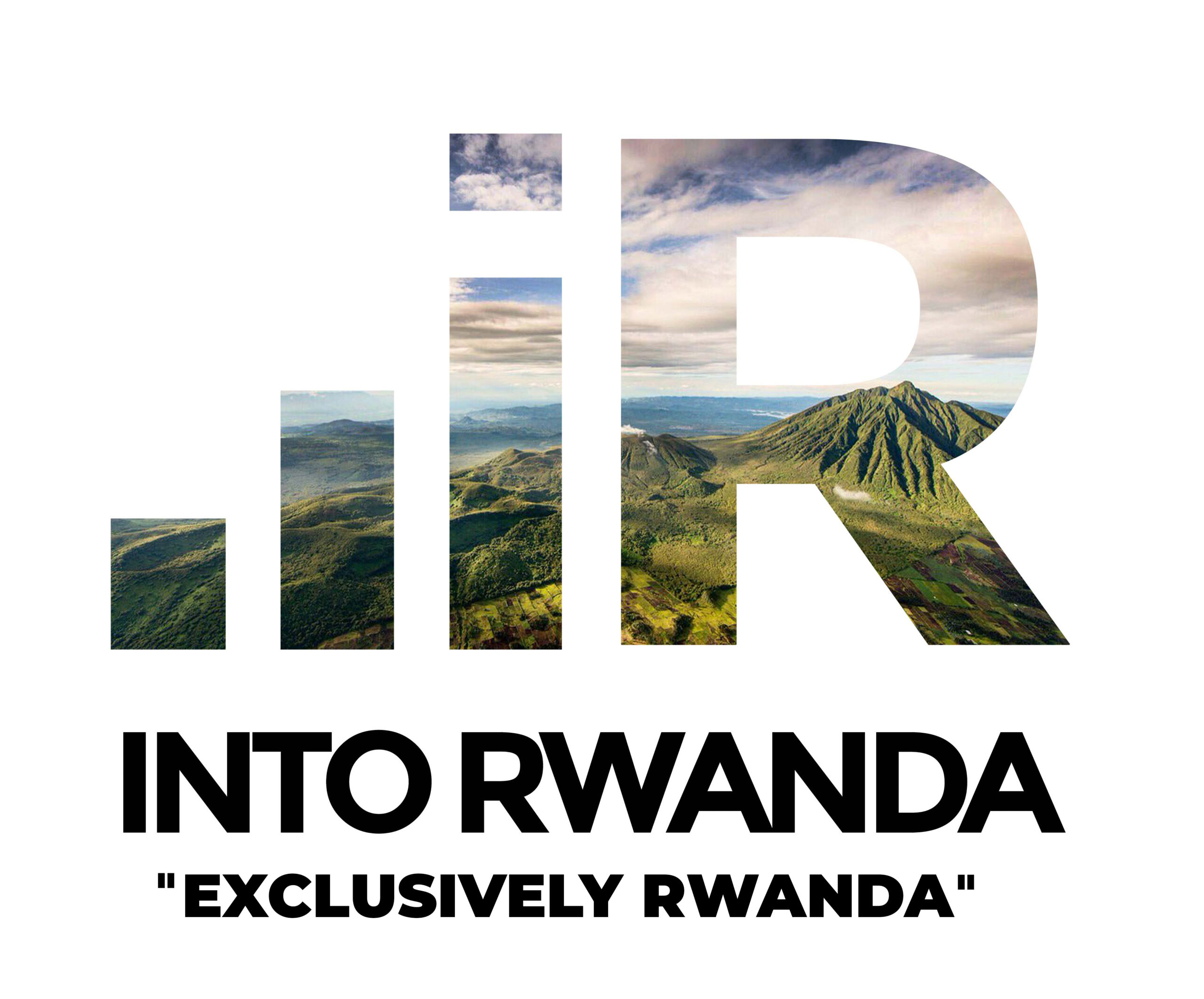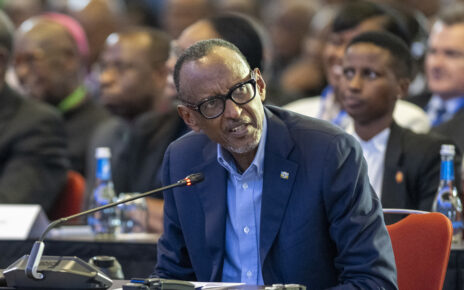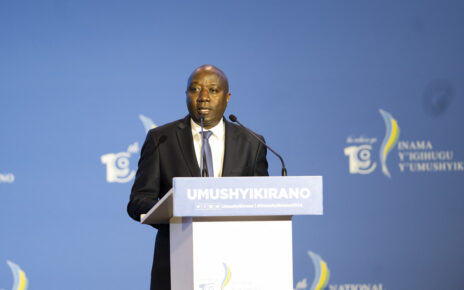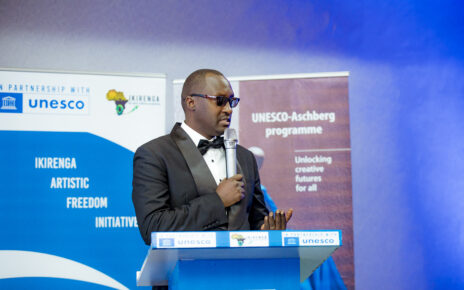Rwanda, a tiny but dynamic country in central Africa, is going through a transportation revolution unlike anything else. While many nations struggle with traffic, pollution, and poor public transit, Rwanda has discovered a novel remedy in the shape of motorcycles. Motorcycles, or “Moto” as they are known in Rwanda, have revolutionized the nation’s transportation system by emerging as the quickest, cleanest, most accessible, and widely available vehicle.
The love of motorcycles in Rwanda started in the early 2000s and has since extended throughout the country and become firmly embedded in the culture. For many Rwandans, motorcycles are a way of life rather than merely a means of transportation. Motos is seen slicing through traffic, carrying people, goods, and even livestock, from the calm countryside to the busy streets of Kigali, the country’s capital.
Motorcycles which carries only two, are quite advantageous to use in Rwanda because of their efficiency and speed. Motorcyclists can travel through gridlock and clogged roads with greater speed than other modes of transportation, enabling passengers to reach their destinations more swiftly. This is especially important in Rwanda, where there is a growing urban population and more traffic.
Rwanda is renowned for its exceptional dedication to maintaining a sustainable environment. Motorbikes are an eco-friendly mode of transportation in this situation. Since many of these motorcycles are electric, air pollution is decreased and no emissions are produced. In addition, motorbikes’ small size makes them perfect for navigating through alleyways and small streets, which reduces the need for road construction and, consequently, deforestation.
In Rwanda, motorcycles are incredibly accessible and reasonably priced. A traveler can go to their destination for as little as $0.50. Because of their affordability, motorbikes are the preferred mode of transportation for many Rwandans, who can travel farther and save money doing so. Furthermore, motorcycles are widely accessible across the nation, enabling them to reach even the most isolated locations.
For many Rwandans, the motorbike sector has not only improved transportation but also created new economic prospects. Many people use their motorcycles as a means of transportation for passengers and cargo, making owning a motorcycle a viable source of revenue. Jobs have been produced as a result, and poverty has decreased, especially in rural regions.
Rwanda has put in place stringent laws and safety precautions for motorcycle transportation in order to guarantee the security of both riders and passengers. Both drivers and passengers must wear helmets, and speed limits are strictly enforced. These actions have greatly decreased the number of traffic fatalities and accidents.
Foreigners new to Rwanda, find themselves in the lack of car-renting need because of such bikes which provides live-views and tremendous experience of different cities. The motorcyclists are given a payment code which makes the transaction easier and faster.
From quick bank transactions, mobile payments to cash in hand, ‘Motos’ are the most preferably convenient mode of transport in Rwanda. The prices vary depending on the locations, and price of the fuels.
Finally, Rwanda’s motorcycle revolution demonstrates the country’s unique solution to transportation difficulties. Motorbikes are fast, clean, cheap, and easily available; they have revolutionized transportation in Rwanda and have become an essential element of the national identity. The future is bright for Rwanda’s motorbike industry with sustained investment in infrastructure and safety, providing a model that other countries might use as inspiration for their own transportation reforms.
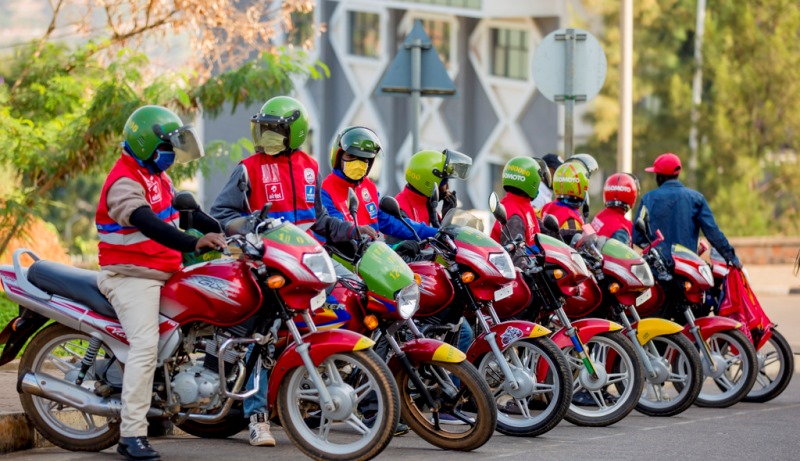
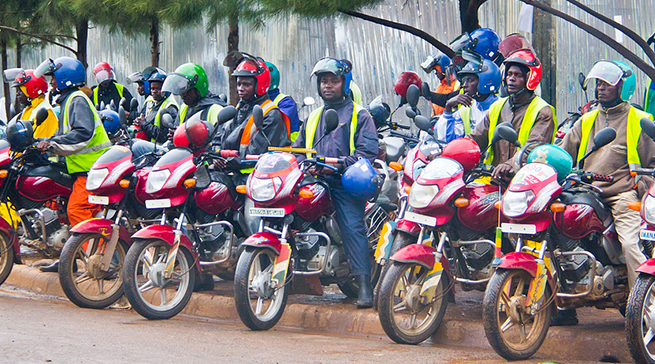
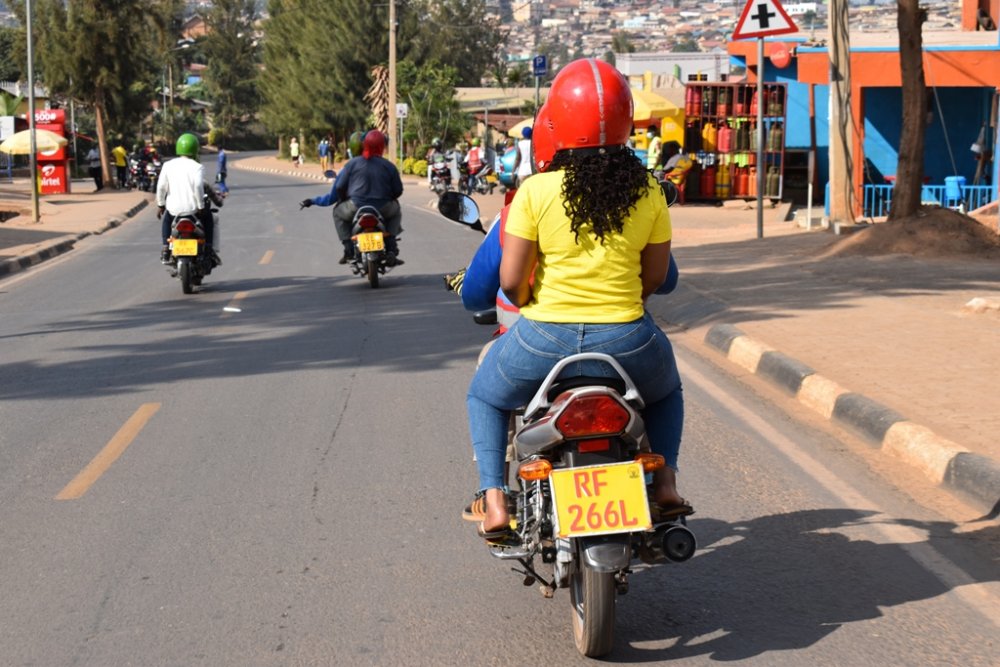
Author Profile

Latest entries
 INTERNATIONALMay 9, 2024USA: Former senator accuses Biden of sexually assaulting her
INTERNATIONALMay 9, 2024USA: Former senator accuses Biden of sexually assaulting her INTERNATIONALMay 7, 2024Russia: Vladimir Putin inaugurated for fifth term
INTERNATIONALMay 7, 2024Russia: Vladimir Putin inaugurated for fifth term RWANDAApril 17, 2024Rwanda: Tribert Rujugiro, Rwandese Multi-Millionaire entrepreneur, passes away
RWANDAApril 17, 2024Rwanda: Tribert Rujugiro, Rwandese Multi-Millionaire entrepreneur, passes away KWIBUKA 30April 7, 2024#Kwibuka30: ‘You are not alone’ Chris Model stands with survivors
KWIBUKA 30April 7, 2024#Kwibuka30: ‘You are not alone’ Chris Model stands with survivors

